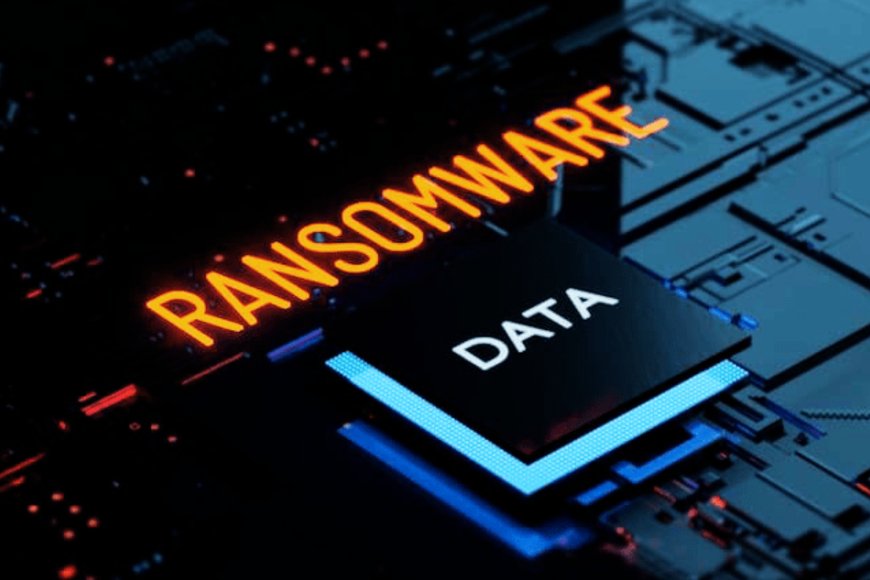DaVita Ransomware Attack Exposes Sensitive Data of 2.7 Million Patients, Highlighting Growing Risks of Cyber Threats in Healthcare
A ransomware attack on DaVita impacted 2.7 million patients by exposing sensitive data. The company assured uninterrupted dialysis services while notifying affected patients and offering support like complimentary credit monitoring.

A major cyber attack targeted DaVita, a well-known dialysis service company in the United States. According to the US Health Department, the ransomware attack encrypted parts of the company's computer network, affecting approximately 2.7 million customers.
DaVita first reported the incident in April, claiming it was attempting to recover its systems while continuing to provide patient care. Dialysis treatment is a life-saving procedure and DaVita's over 3,000 outpatient clinics and at-home services are critical to patient care. In its latest statement, the company admitted that hackers got unauthorized access to its laboratory database. This database contains personal and sensitive information for certain current and past patients.To assist those impacted, DaVita has begun informing patients and providing free credit monitoring services to mitigate the risk of identity theft.
The good news is that patient treatment was not interrupted by the cyber attack.Doctors and medical personnel proceeded to provide dialysis treatments without pause. However, the company experienced temporary delays in operations while working to restore systems. The financial consequences of this cyberattack have been significant. In the second quarter of 2025, DaVita disclosed charges of around $13.5 million for this incident. $1 million went toward increased patient care costs, while $12.5 million was spent on administrative expenses, cybersecurity measures, and hiring other experts to resolve the issue.
The incident highlights how vulnerable healthcare systems are to cyber threats. With patient data and medical systems at risk, strong cybersecurity has become as critical as medical treatment itself.
This article is based on information from Reuters







